"I'm Tired of This" ComplexI moderated a panel on moving beyond the scorned victim in literature. I set the tone by opening up introductions, which is customary. Alas, I was a little dismayed that a couple panelists seemed tired with the panel before it started. Especially because I was truly interested in it being an engaging panel. But I understand. It's extremely frustrating to have to discuss issues of rape/equality/respect over and over again. The idea behind the frustration is pertinent. I know that the panel could have gone many ways and was not going the way everyone wanted. The panelists want to move past the topic of victims. And I was getting there, but set-up needs to occur. I think it's pertinent to discuss why there is something to get past before we get to the examples of characters who are doing this. At the same time, women are still victimized ever day. In literature, rape culture is still propagated. As a survivor of assault, I also won't stand for silence on the issue. It's annoying to have to iterate that there is a problem, but there is. And addressing the problem is a necessary entryway into talking about how our female characters are progressing beyond being the prop of raped victim. But just because our characters are not just pawns or secondary objects in our all of our books does not mean that people need to stop hearing that these things still occur all the time in movies, television and literature. We eventually began discussing characters that move beyond the trope of rape for entertainment, but by that time, the tone was soured. I am very thankful for fellow panelists who were not tired and for the audience who wanted to give examples of characters who they felt were strong representatives of more than just scorned victims. I just think it's too bad that the tone wasn't complimentary to their passion for the topic. I am young. I'm a feminist. I am an author. Many of the people there were young feminists and potential authors. They came to hear the whole story, to pitch in, and I think that's beautiful. It's understandable that a topic can get tiring when it's something that you cover all the time. So hand it over. Let us have a say. Let us deal with it, too, those of you who are tired. This topic should be exhausted, you think, or addressed in this way or that way. But progress is always slow, and for women it is excruciatingly slow. The up-and-coming generation is not yet tired or jaded enough to stop speaking on an important topic with patience, curiosity and passion. I know that some of that tiredness stems from the fact that sexuality and rape discussions center around the idea of women as victims. And that many authors simply want to do away with victimized women in books altogether. But I'm going to push against that for one simple reason: it still happens daily, it's ugly and we are told to shut up about it after it happens. I will not shut up about it in my fiction any more than I'll shut up about it in real life. Fuck that. Like Melinda in Laurie Halse-Anderson's book, I will Speak. When I opened that book, a book so many publishers were afraid of, I found myself in it's pages. I saw myself in deep depression, in the painted lines decorating Melinda's silence. And I saw myself fight with her, get angry with her, and SPEAK with her. And it made me feel like an agent instead of a victim. And that's what I wanted to have heard. But the tiredness prevailed. Probably because I am a new moderator, and because I was a bit floored by the fog that surrounded other panelists. I am sorry I didn't say these things then, but I'm writing them now. Boxing Heroines InI was featured on a few different heroine panels, and I feel very fortunate for that. I think the discussions for many of them were passionate and engaging. However, I would caution female and male writers against one thing: labeling heroines into a box. Can we, women and men, stop calling characters we don't like by cliches. Some characters play with tropes (strong female, Mary Sue, victim, Sex Pot etc.) in order to throw those tropes away. Not every piece of literature that has a strong female character is making a Mary Sue. And why disparage strong (physically or mentally) characters at all? Just because we describe them in a way that sets them up to be something like what you have read before in this or that book, does not make them uncomplicated, without depth. As one panelist suggested: just because his character was nurturing and a woman does not make her a trope. She can be her own fantastically developed person as a nurturing mother. And as another panelist said: just because her non-gender labeled character has long hair and is nurturing, does not mean her character is a nurturing woman. So let's stop the in-fighting. A badly written character is a badly written character, but don't let your fear of tropes stand in your way of enjoying books that some people would degenerate as cliches. Read, write and explore your characters. And lift your favorite, full characters up unabashedly. Because you cling to them for a valid reason. Male FeministsI had the lovely fortune of being on panels with men who are clearly feminists. And I just want to take this time to thank you. You make up the other half of this world and we, female feminists, need your support to gain equality. We truly do. But I think sometimes it doesn't seem that way. I saw and heard (from a few of my male feminist friends) that they felt a bit out of place, ganged up on or uncomfortable. And I think I can guess why: they were in the minority and surrounded by vocal, intelligent women. I don't mean to suggest that men can't stand vocal women, but it's something that is not the norm. Men are not used to being in the minority. But a valid concern was brought up when one man said that many of the female panelists wouldn't let him finish his thoughts. Or used aggressive and condescending tones with him. I agree and was frustrated, too. Look, women are used to being talked over by male voices, friends. I won't even list to you the many times I've been mansplained by someone about my life, my very female experiences. But I realize that you were doing neither of these things, and were cut off at times, anyway. Just as it's hard for the rest of the country to stop saying Hilary is a bitch because she speaks out in a voice that is not a tenor, it is hard for us to remember that not all men speaking about women's issues are speaking down (because they often, usually, are). Not all tenor voices are trying to fight us. I try to remember that. And I thank you for pointing this out. Lastly, when I am discussing the patriarchy and white male oppressors, I am not talking about you, fellow feminists. Your gender does not make you part of the patriarchy. Only complacence makes you apart of the patriarchy. When my husband rolls his eyes about white people, he does not roll his eyes about me. I am his partner, I am a community member and a teacher within his tribe. I am white, but my whiteness does not make me a part of the problem. My complacence would, if I were complacent. I've never been called such. So, feminists, try to to squirm uncomfortably when we say patriarchy. If you're fighting the problem, you are not the problem. And, also, here's a virtual *hug* for not being the problem. You are very much appreciated. Final Thoughts: How To Relate to HeroinesWell, you may ask, how do you sum up what you learned about relating to/writing/discussing heroines? How do we speak about women? Short answer: As if they are complex human beings with histories, cultures, flaws and traits all their own. So, much like you would a man. Do you have to write about sexuality and women? No. Do you have to refrain from so doing? No. Do you have to write a gender for your character at all? As one panelist suggested: No. And it can be a fun experiment to try to just write a character that anyone could relate to without even assigning a gender. I might even blow some minds. So go write good characters. Relate to characters without worrying that you shouldn't. Don't worry if your female character smokes and drinks. Don't worry if your male character likes to wear skirts. We are complex beings. Worry about not flattening us.
0 Comments
I'll be the first to admit that I'm moody. It comes with having a mood disorder, and maybe even being artistically inclined. But mostly the first. I'm surrounded by friends with similar illnesses and tendencies in my life, and I see them struggling and I just want to hug them (and sometimes shake them). And I know they often feel that way about me, too.
Writing and creating art are wonderful jobs when you're doing them. But when you're not, they can be very frustrating and extremely stressful. You get a handful of people asking what your real job is: mothering, teaching, working at a library, IT technician? They treat your talent as a hobby. And you sort of understand why, but it's maddening. You want to say, "Yeah, I make no fucking money at that, but it's still my job. Lots of important jobs are underpaid, but they're still jobs." Or you get frustrated by the rejections piling up. That poetry anthology that you just knew you were going to get into, sends you a "Thank-you but" email. That publisher you love tells you you're not the right fit. That agent, and that agent, and that agent, says the same. "You're untested," "new," or "too much like" something else. But you worked countless hours on your craft and you just want a break, a positive note. Then there's the marketing, and even big authors have to do that. But you're doing it wrong, or you think you are. You started off hounding people, then realized your friend list grew smaller. Okay, that's not the way. "Make connections" they say. So you try, but it takes up a lot of your writing time and writing makes you happy, and talking to others stresses you out. So you're doing the blogging and the tweeting and the connecting but you feel a little hollow. So what? What now? Take a break. Take a week off where you write, or think or breathe. Your sanity is important. Don't call a lot of attention to it; don't make a big scene. Just walk. No one needs to know you're feeling like a bomb ready to burst. Go quietly and calmly into a week or so of peace. And here's the important part: come back. All vacations must end. Or they would not be vacations. Get some peace, then keep it up. Write, connect, relate, repeat. This is your craft, and maybe someday it will be a job that actually pays. But becoming a tender mass ready to explode will not help you get there faster. Like with most things, time and patience and consistency helps. And a long walk in between never hurts. Be good to yourself, and you will be better for others. |
AuthorH.M Jones is the author of B.R.A.G Medallion Honor and NIEA finalist book Monochrome, its prequel Fade to Blue, the Adela Darken Graphic Novellas, Al Ravien's Night, The Immortals series, and several short stories. Archives
December 2019
Categories
All
|


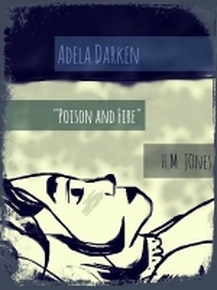
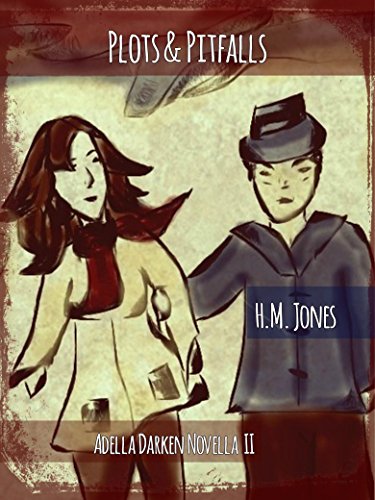
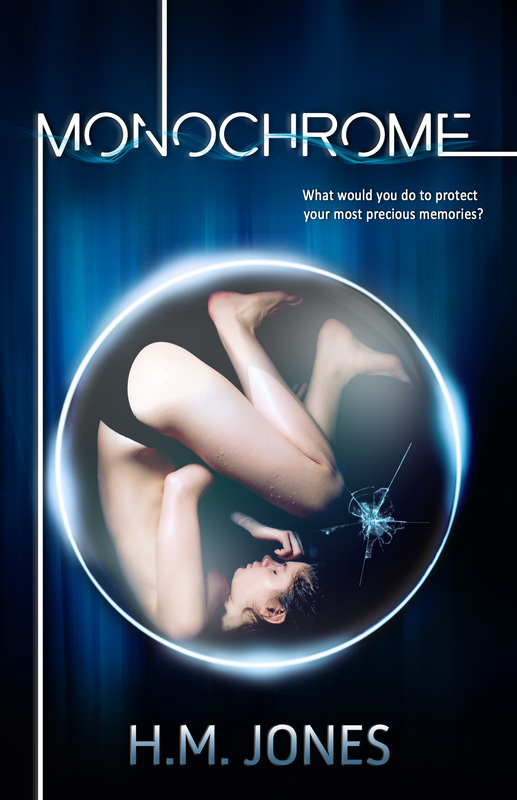
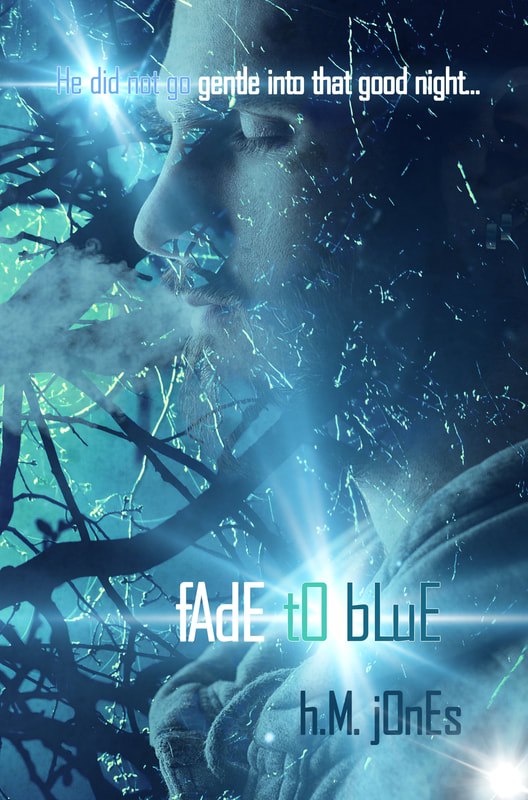
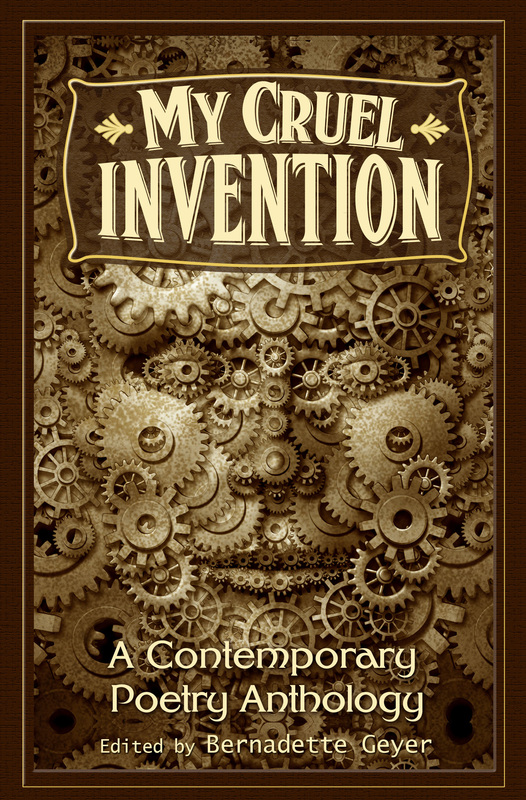

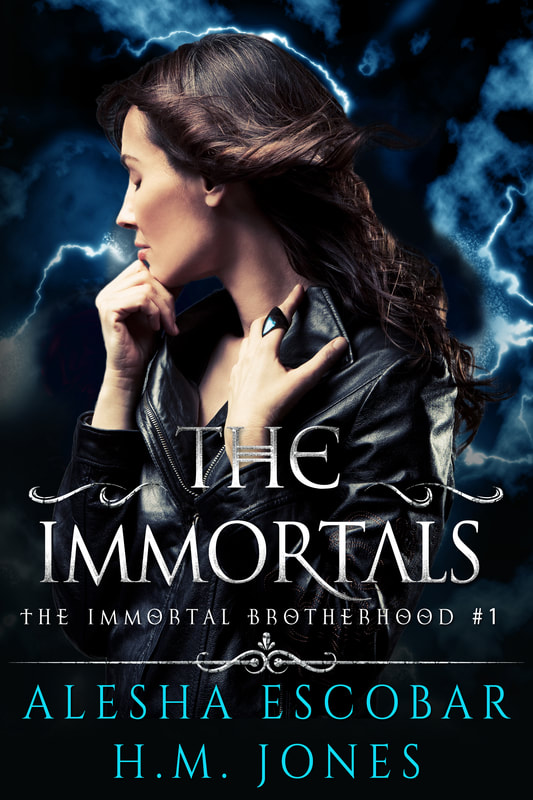
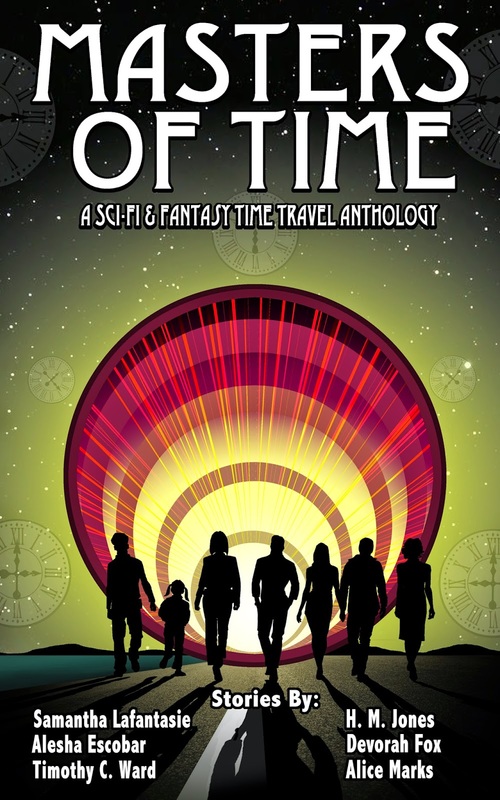
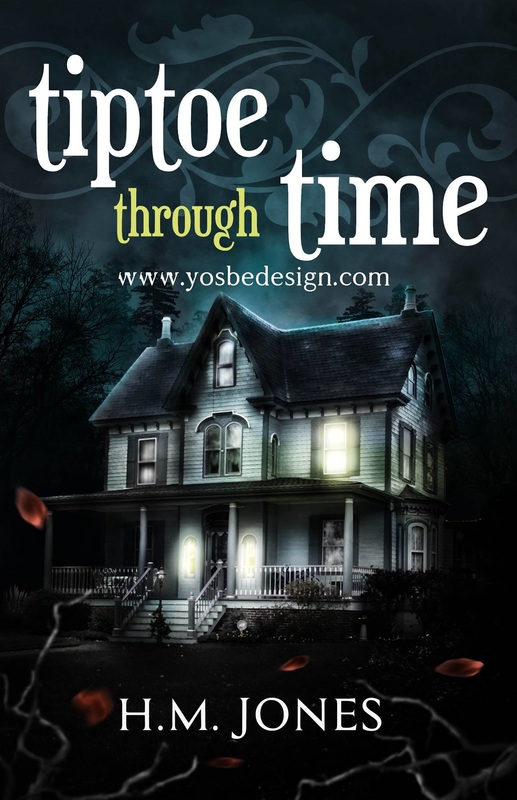
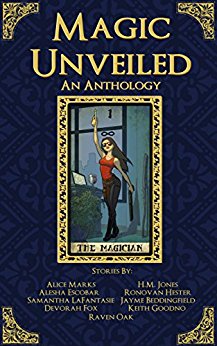
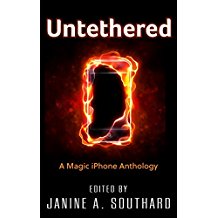
 RSS Feed
RSS Feed
